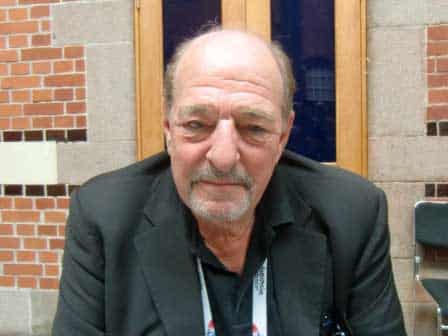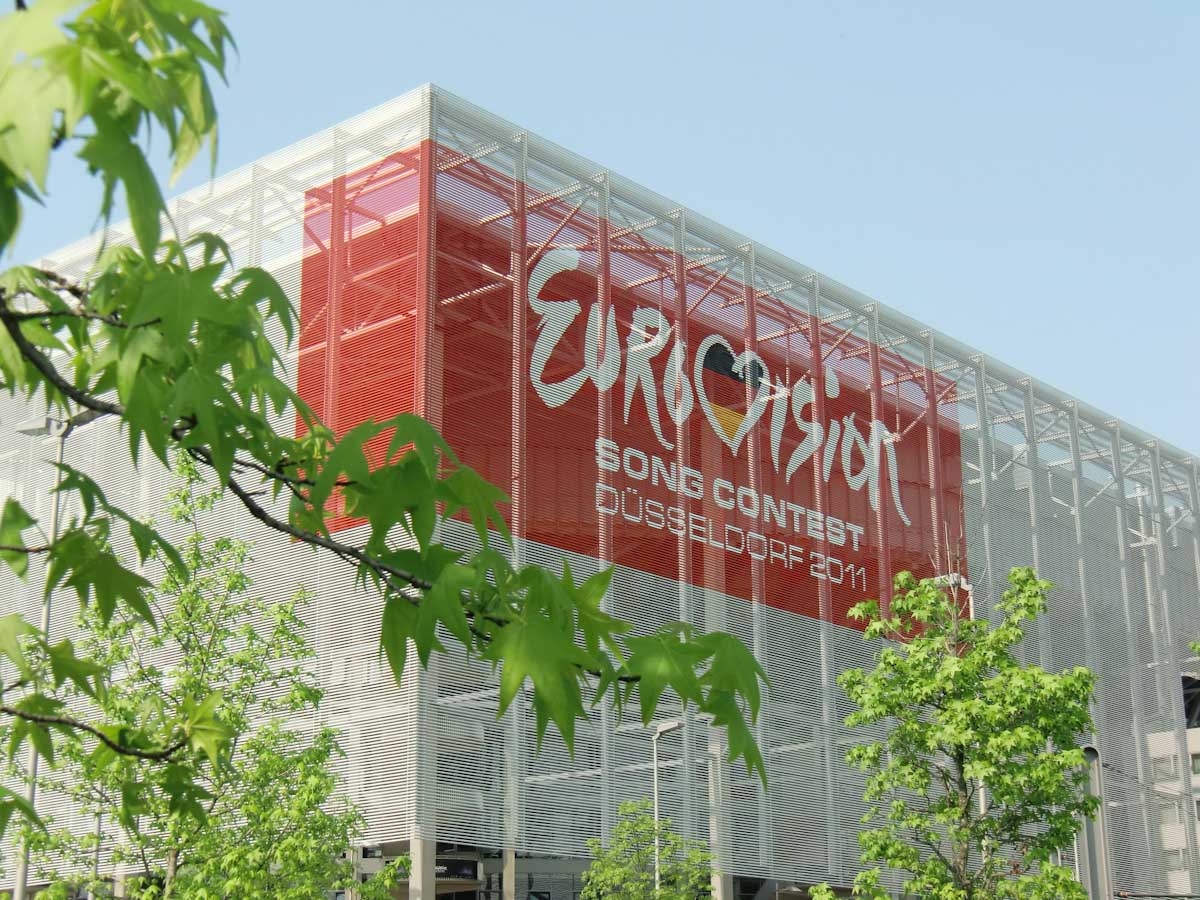Germany’s participation in the Eurovision Song Contest marks its 68th appearance, showcasing its enduring commitment to the competition since its inception in 1956. With the exception of a mandated hiatus in 1996, Germany has been a steadfast participant throughout the contest’s history.
In the inaugural year of 1956, each participating country was permitted to submit two entries. Germany seized this opportunity by entering both “Im Wartesaal Zum Grossen Glück” by Walter Andreas Schwarz and “So Geht Das Jede Nacht” by Freddy Quinn, both of which achieved second place. Interestingly, the competition that year saw only one winner, with all other participants finishing in second place.
In 1996, the Eurovision Song Contest implemented a pre-selection round aimed at trimming the number of competing entries. Unfortunately, Leon‘s song “Planet of Blue” did not advance through this initial stage, consequently failing to qualify for the final round of the competition.
Germany has enjoyed a relatively prosperous journey in the Eurovision Song Contest, securing six second-place finishes over the years. Moreover, German entries have often found success in the domestic charts, particularly during the vibrant music scenes of the 1970s and 1980s. However, it was in 1982 that a young talent named Nicole captured the hearts of Europeans with her stirring anthem of peace, “Ein bisschen Frieden.” Many attribute the song’s triumph to the tumultuous political climate of the era.
Following a nearly three-decade wait, Germany celebrated another momentous victory in 2010, courtesy of Lena and her charmingly simple tune, “Satellite.” Lena’s song garnered widespread acclaim and high votes from across Europe, soaring to the top of the charts in multiple European countries. Lena’s triumph marked a significant success for Germany after years of efforts by composers and songwriters, including the renowned Ralph Siegel, to reclaim the coveted trophy. Both Nicole and Lena continue to thrive in the music industry, testament to their enduring talent and appeal.
Germany, alongside France, Italy, Spain, and the United Kingdom, comprises the prestigious group of Big 5 countries in Eurovision. These nations, being the largest financial contributors to the European Broadcasting Union (EBU), enjoy the privilege of automatic qualification to the Grand Finals, bypassing the semi-finals that other participating countries must navigate.

Ralph Siegel stands as one of the most accomplished German composers in Eurovision history, credited with penning numerous entries for Germany over the years. Beyond his contributions to the German repertoire, Siegel has also lent his talents to composing songs for other countries such as Luxembourg, Montenegro, and San Marino. Despite encountering criticism from certain circles, Siegel has steadfastly upheld the essence of Eurovision throughout his extensive career, demonstrating a profound dedication to the competition’s spirit across several decades.
Interest in the Eurovision Song Contest tends to fluctuate from year to year in Germany. However, there was a notable surge in enthusiasm following Guildo Horn‘s spirited performance of “Guildo hat Euch lieb,” which secured a respectable 7th place in 1998. This entry ignited a genuine “Eurovision fever” throughout the country, with popular German TV personality Stefan Raab playing a significant role in amplifying the excitement. Raab’s own participation in the contest with the catchy tune “Wadde Hadde Dudde Da” in Stockholm 2000 further fuelled the fervour, culminating in a commendable 5th place finish.

In 2011, Germany had the honour of hosting the Eurovision Song Contest for the second time in 28 years. Following Munich in 1983, Düsseldorf was selected as the host city. The German people showcased their unwavering love and enthusiasm for Eurovision, while also highlighting the nation’s cutting-edge stage technology at the Esprit Arena. The event proved to be a resounding success, not only for Düsseldorf but also for Eurovision as a whole, ultimately presenting Germany in a positive light as a country deeply passionate about the contest.
Unfortunately, Germany has experienced a streak of misfortune in recent editions of the Eurovision Song Contest, with few exceptions. Michael Schulte‘s remarkable achievement of securing 4th place in Lisbon with his heartfelt song “You Let Me Walk Alone” in 2018 stands out as a highlight. However, apart from that success, German entries since 2013 have struggled to make a significant impact, often finding themselves near the bottom of the scoreboard. Since 2019, Germany has failed to resonate with both the juries and the televoters, reflecting a challenging period for the country’s Eurovision endeavours.
Biggest successes
1st place, Lena with “Satellite” (Oslo 2010)
2nd place, Wind with “Für Alle” (Gothenburg 1985)
2nd place, Katja Ebstein with ”Theater” (The Hague 1980)
History
- Debut: 1956
- Participations: 68
- Victories: 2
- Finals: 68
- Top 10: 37
- Chances to reach the Top 10: 54%
- Last places: 9
Video Nostalgia
Lale Andersen with “Einmal Sehen Wir Uns Wieder”, Rank 13 (Cannes 1961)
Silver Convention with “Telegram”, Rank 8 (London 1977)
Ingrid Peters with “Über Die Brücke Geh’n”, Rank 8 (Bergen 1986)












